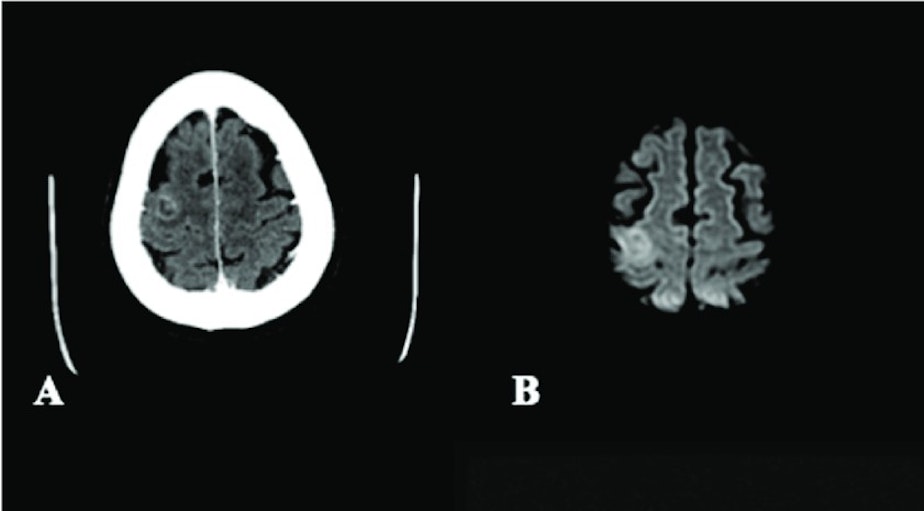A Seattle woman died of an infection after using her neti pot

There's a spike in interest — and concern — about nasal rinses called neti pots, after a Seattle woman died from a rare amoebic infection.
The woman, a Swedish Medical Center patient, likely contracted the brain-eating amoeba from the water in her nasal rinse, Swedish doctors said.
She used the device over the span of a year. Doctor Charles Cobbs said his patient, a woman in her 60s, filtered her neti pot water.
The Centers for Disease Control and Prevention says the devices are safe, but recommends people use only boiled water or saline.
Cobbs: "This is an extraordinarily unusual disease that has only been reported a few hundred times in the world. We believe that the neti pot she was using probably had gotten contaminated. She wasn't boiling the water or using sterile saline, she was filtering it, but maybe somehow it got contaminated."
Cobbs said it's theoretically possible for other people to be infected with the same deadly amoeba, but that it's a very, very rare occurrence.
Sponsored
Cobbs: "This is an amoeba that is just one of the things in the environment, so we're exposed to it all the time probably, and it's not really known to be something that injures humans but in a certain, extremely rare situation it can cause an infection like this."
A Swedish Medical Center report on the woman's death says there are about 200 cases worldwide of this particular amoebic infection.




